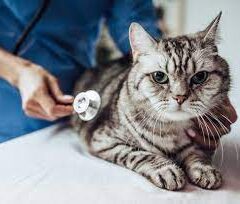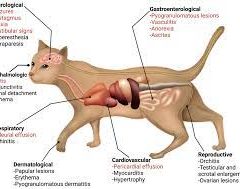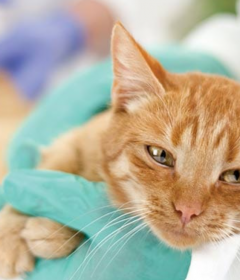What Recent Research Says About Feline Infectious Peritonitis of Cats
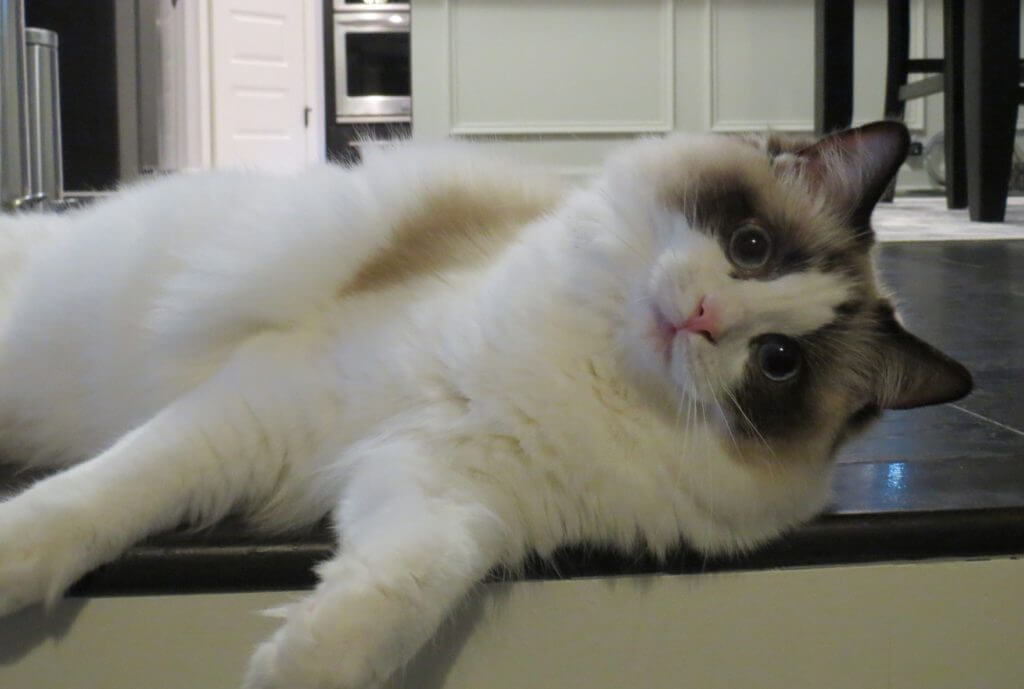
What Recent Research Says About Feline Infectious Peritonitis of Cats – Coronavirus (COVID19) has become a threat to everyone. There is currently no medication for this disease. It becomes worse because nowadays, people are overshadowed with Feline Infectious Peritonitis or FIP in wild and domestic cats. The disease is not new and some researches have been done to find out more about this disease and how it can be a threat to both cats and the owners.
– What Feline Infectious Peritonitis Is
Feline Infectious Peritonitis (FIP) is a disease that usually attacks cats like online gambling games cause playing fever among players. The disease can be fatal to cats, especially kittens below two years. The root of this disease is actually from Feline Enteric Coronavirus (FECV) and FIP has complicated pathogenesis. In research in 2019, it is noted that only around 39% of cats can survive after the experimental infection.
Another research also states that any cat can develop FIP when they are infected with the corona virus, the popular virus people talk. The research also shows that not only cat below two years, but also older can also develop the disease, especially when they are already infected with feline leukemia virus or FeLV as well as geriatric cats.
The cats can get the disease through cat-to-cat contact and constant exposure to feces. Although you have cleaned the surroundings, the virus is still alive in the environment for up to several weeks. If the cat with FIP is pregnant, it will be likely that the kitten will get the disease as well, especially if they are still around five to eight weeks old.
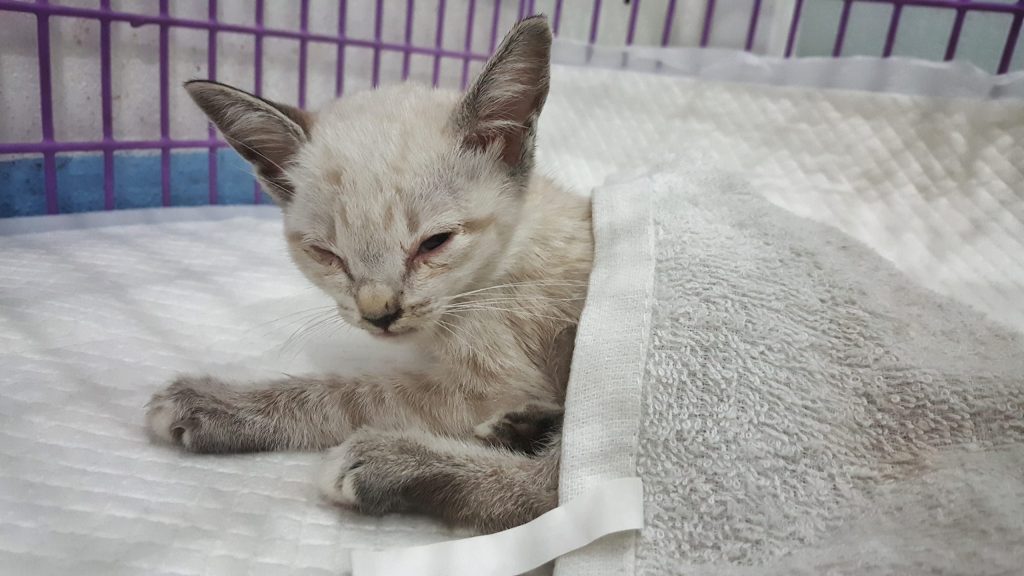
– Symptoms and Treatment for Feline Infectious Peritonitis
The symptoms of this disease are quite ambiguous because each cat can have different symptoms compared to other cats with the same disease. The most common symptoms are nasal discharge, watery eyes, and sneezing. But, some cats may also get diarrhea and mild intestinal disease. The problem here is that the simple test for FIP is not developed well and the result cannot show an exact strain of feline coronavirus that might not be the one that causes FIP. Because the symptoms are quite hard to detect, the current researches haven’t found the best cure for this disease. The current researches still find the best medication that will slow down the rapid growth of the disease.
There is no medication for this disease at the moment, and it is quite hard to detect the symptoms in cats. And, if it is late to treat, it will become Feline Coronavirus that will be dangerous for your cats.

